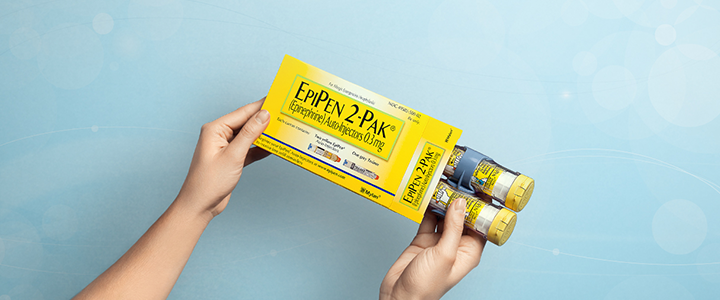Mylan Finalizes US EpiPen Settlement

Mylan has finalized a $465 million settlement with the US Department of Justice (DoJ) resolving claims relating to its EpiPen emergency allergy treatment.
The DoJ’s announcement of the deal comes 10 months after Mylan said it had reached agreement over EpiPen’s misclassification as a non-innovator (generic) drug rather than a branded product, which meant the US drugmaker underpaid rebates to the state Medicaid program.
"Bringing closure to this matter is the right course of action for Mylan and our stakeholders to allow us to move forward," said the company’s CEO, Heather Bresch.
Mylan, which has not admitted wrongdoing under the deal, will reclassify EpiPen and pay the rebate that was applicable as of Apr 1, 2017.
Richard Blumenthal, a Democrat, is just one of many US senators that have criticized the settlement as being too small and shortchanging taxpayers. “This settlement amount is completely insufficient – a feeble fraction of the $1.27 billion Mylan swindled out of Connecticut and American taxpayers. Quite simply, the Department of Justice is letting this deceptive pharmaceutical behemoth off the hook,” said Blumenthal.
The US government said in a May 2017 report that it may have overpaid by as much as $1.27 billion for EpiPens between 2006 and 2016.
The DoJ investigation followed a tip-off by rival drugmaker Sanofi, which had previously marketed competing injector Auvi-Q. Sanofi will receive $38.7 million from the settlement.
In a separate move, the French group filed an antitrust lawsuit against Mylan last April, alleging that the US firm engaged in illegal conduct to suppress competition to EpiPen. In papers filed in federal court in Trenton, New Jersey, Sanofi said Mylan had caused it to lose hundreds of millions of dollars in sales by erecting barriers to US consumers’ access to Auvi-Q.
Mylan was also at the center of a media storm last year after it hiked the price for a pair of EpiPen injectors from $100 in 2008 to $600 in 2016. The Pennsylvania-headquartered company launched an authorized generic version of the allergy treatment last December at a cost of $300 per two-pack.

















